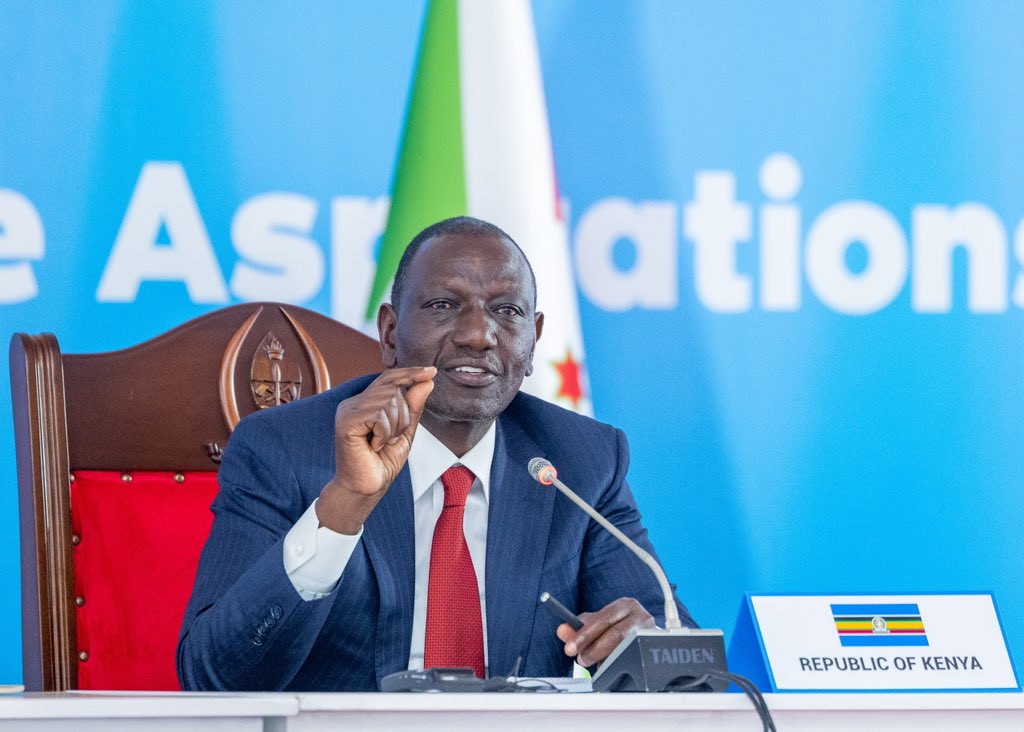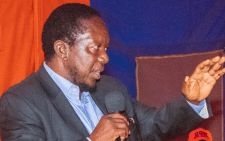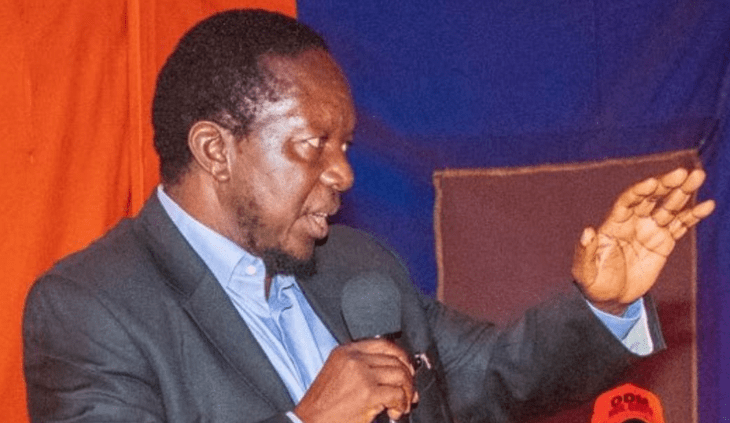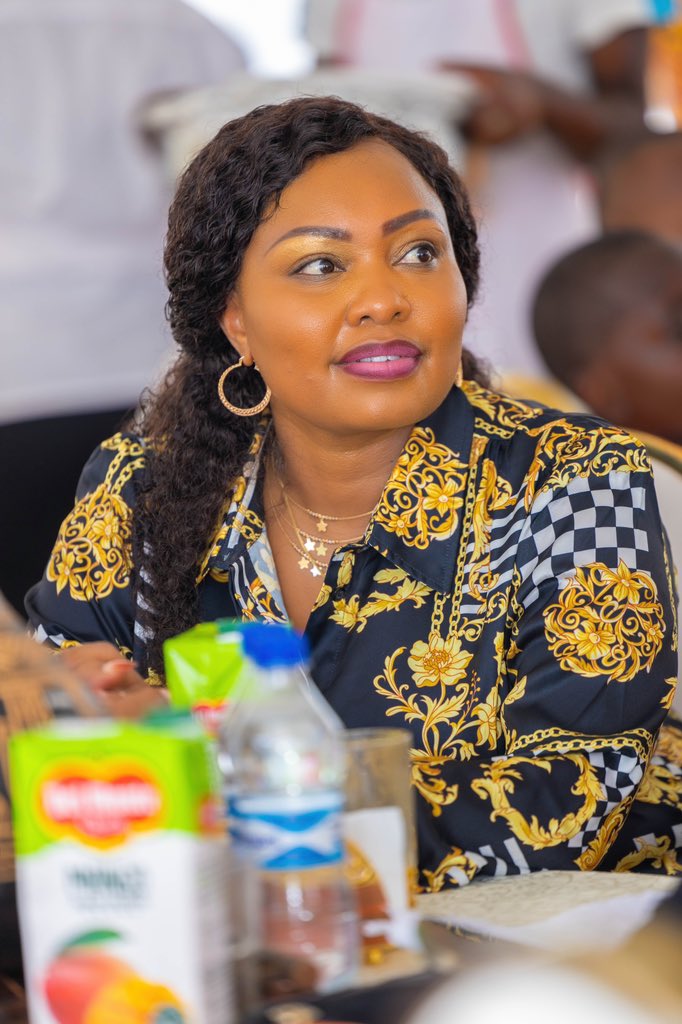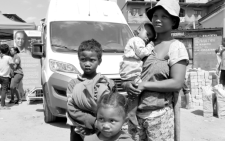COP29 summit seeks consensus to confront pressing climate crisis
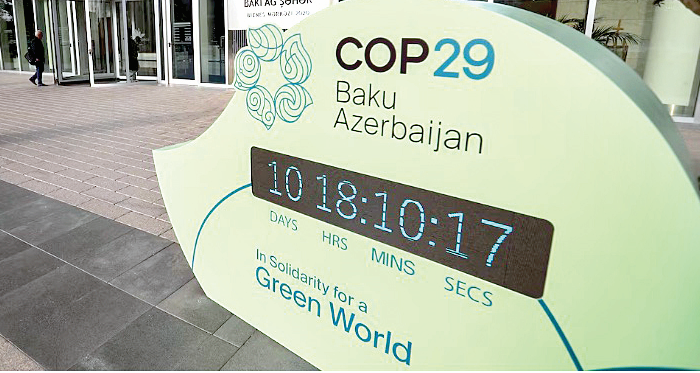
As the United Nations Climate Conference (COP29) opens in Baku, Azerbaijan, governments and non-governmental entities will seek to agree on the principles and pathways for collective efforts to confront the climate crisis.
While recognizing the achievements arising out of COP28 in Dubai, UAE, COP29 President-Designate Mukhtar Babayev said COP29 will help advance the goals of the UN and the Paris Agreement, including efforts to limit global warming, adapt to the impacts of climate change, and mobilise financing for these activities.
Baku’s Action Agenda, according to Babayev, plans to “confront the world’s most pressing problems, shine a light on forgotten priorities, and provide a focus for wide universe of actors to come together.”
The COP29 Action Agenda has been developed in collaboration with the COP29 UN Task for COP29 and its member agencies, international organizations and multilateral bodies, national governments and non-state actors.
Climate pillars
The ambitious COP29 presidency intends to drive action across all climate pillars and covers a range of key priorities such as energy, finance, agriculture, cities, human development, and the climate-peace nexus.
“Many of these initiatives, in particular, the Baku Initiative on Climate Finance, Investment and Trade, the Baku Initiative on Human Development for Climate Resilience, and the multisectoral Actions Pathways (MAP) for Resilient and Healthy Cities all integrate and address cross-sectoral synergies,” says Babayev.
Promising a transparent and inclusive approach for all parties and constituencies, the COP29 presidency has established a range of platforms, partnerships and programmes to enable action before, during and after COP29.
Finance, as a critical enabler of climate action, is the centrepiece of the climate summit, so the initiatives have been designed with a special emphasis on delivering the means of implementation.
Fossil fuel
The Climate Finance Action Fund, capitalized with voluntary contributions from fossil fuel producing countries and companies, is intended to catalyse the public and private sectors across mitigation, adaptation, and research and development.
As a proactive response to appeals from vulnerable countries in Africa and small islands, the fund will also have special facilities for highly concessional and grant-based funding to rapidly address the consequences of natural disasters in the developing countries in need.
In addition, the Baku Initiative for Climate Finance, Investment and Trade, will focus on the nexus of climate finance, investment and trade, with a platform to promote investment into green diversification, support policy development and share expertise through dialogue.
Climate justice
Adaptation is the other critical agenda at the climate talks next to finance. At the end of COP28 in Dubai last year, African countries called for climate justice designed for Africa and centred on equity for a just transition, according to the Economic Commission for Africa.
Zambia’s Minister of Green Economy and Environment and Chair of the African Group of Negotiators on Climate Change Collins Nzovu said, “the just transition and resilient low-carbon development, if not properly designed, risks widening the development gap between Africa and the rest of the world.”
He noted that COP28 had come to an end with concerns regarding the lack of progress on various issues of importance to the African group, particularly on finance and adaptation.
Just as they called for climate justice at COP 28, African countries expect tangible outcomes at COP29 in Baku which reflect Africa’s aspirations, especially on the need for enhanced climate adaptation.
Pan African Climate Justice Alliance (PACJA) Executive Director said the issues of adaptation and adaptation finance is critical for Africa. “We only got $39 million pledges. Loss and damage pledges need to be honoured. The green climate fund still remains a shell. These need to be clearly addressed.”
He said Africa needs its own narrative that includes survival and not just agriculture, and inevitably to low carbon transition.
Climate Law Institute, Center for Biological Diversity Energy Director Jean Su said global north countries like the United States, Canada, Norway and Australia, who are key fossil fuel producers have to take the stance right now.
“They must stand firm for the people and the planet, to stop their own fossil fuel production, which they are disproportionately responsible for. These countries have to step up with finance because they have proportionately polluted the planet, and this is their moral responsibility.”
Nzovu said adaptation is a matter of survival for Africa and key areas that need to be addressed include coping with persistent droughts, devastating storms, floods and rising seas which threaten lives and livelihoods.
He echoed UN Secretary-General Antonio Guterres call when he declared: “Lives and livelihoods are being lost and destroyed, with the vulnerable suffering the most. We are in an adaptation emergency. We must act like it. And take steps to close the adaptation gap, now.
Climate action has two complementary sides, mitigation and adaptation. Mitigation focuses on reducing or preventing greenhouse gas emissions. Climate change adaptation refers to actions that help reduce vulnerability to the current or expected impacts of climate change such as weather extremes and hazards, sea-level rise, biodiversity loss, or food and water insecurity.
As the Earth’s temperature continues to rise above pre-industrial levels, approaching the 1.5°C limit, extreme weather and climate events become commonplace. While accelerating mitigation efforts remains vital, urgent action to improve adaptation measures is needed to limit inexorable impacts from existing emissions.
In particular, adaptation is vital vulnerable regions and communities, such as small island developing states, where sea-level rise can present wide-reaching physical, economic and social implications.
The Paris Agreement adopted in 2015 established the Global Goal on Adaptation (GGA) of enhancing adaptive capacity, strengthening resilience and reducing vulnerability to climate change. However, progress can be more complex to assess compared to mitigation efforts.
At COP28, the UAE Framework for Global Resilience was adopted as part of the UAE Consensus. It intends to guide the achievement of GGA and sets climate adaptation as a top priority for all nations.

